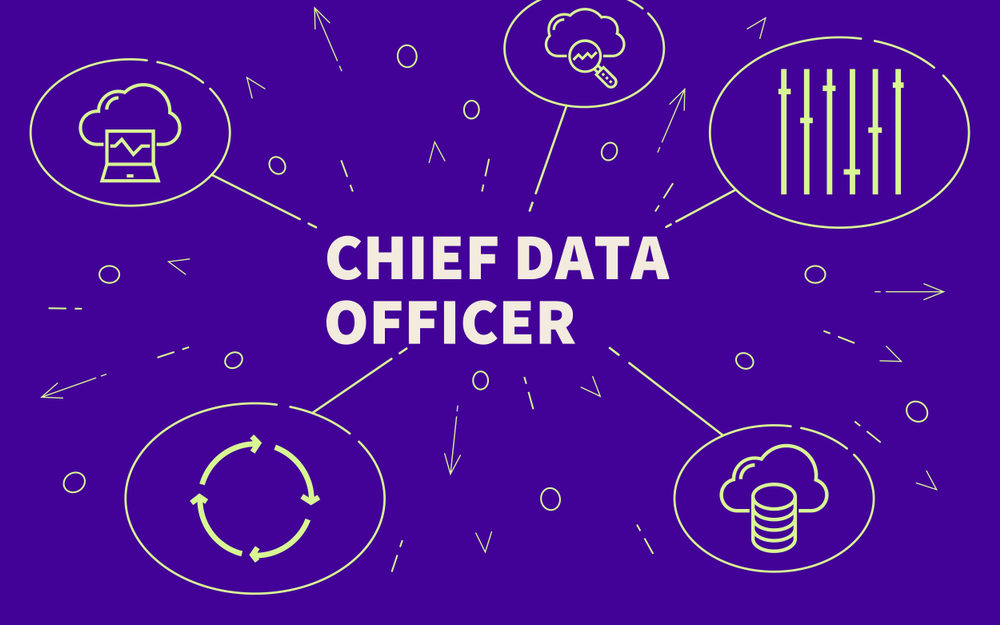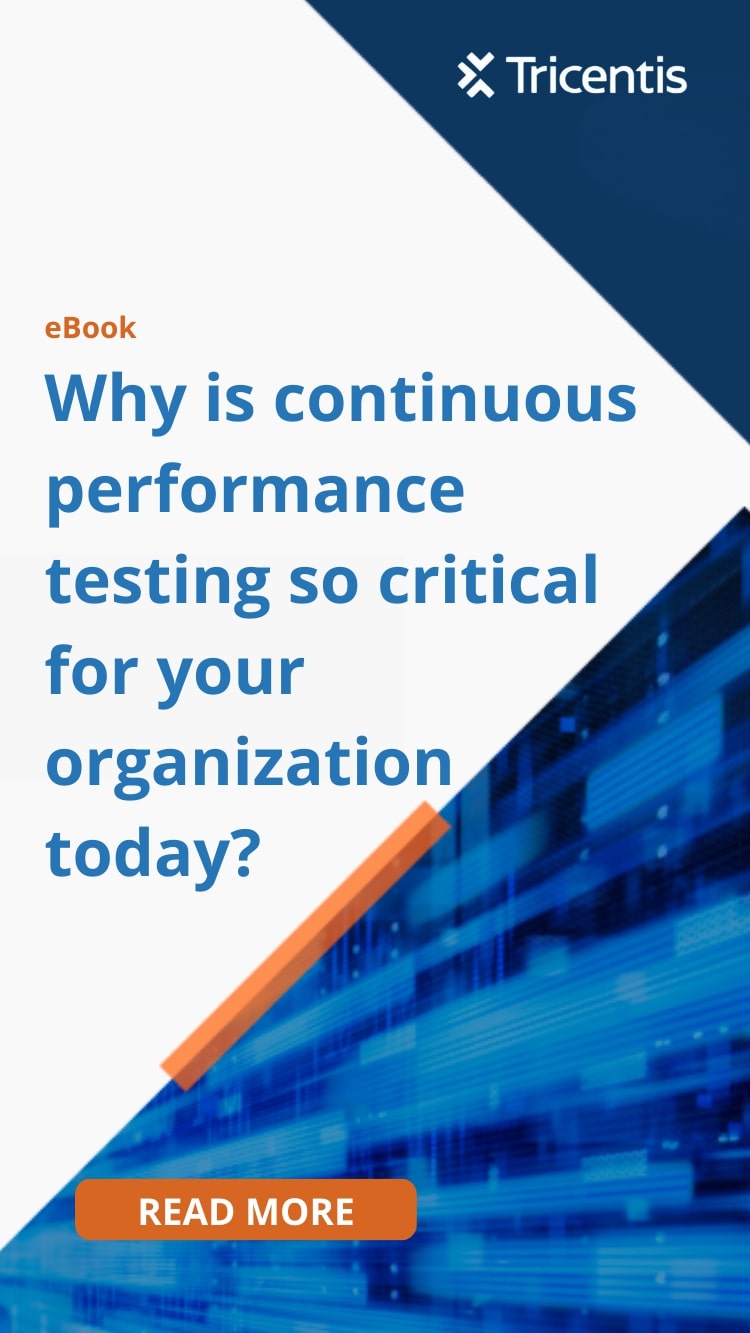Not being in command of enterprise data is reckless in today’s information-driven age. Smart enterprises leverage data to improve efficiency, boost customer satisfaction, and increase profits.
But data is growing at an exponential pace. The quantum of global data will touch 175 ZB by 2025. One zettabyte equals a trillion gigabytes. Such a load of data overwhelms businesses.
Enter the chief data officer (CDO), to grapple with data and unlock the value of data assets. An incumbent CDO becomes responsible for administrative and strategic tasks related to data. The CDO maintains the data coming in from various sources, subjects it to analytics, and uses it to further competitive ends.
The earliest appointment of a data officer was by Capital One in 2002. While very few companies emulated Capital One’s practice, the Big Data boom has seen many companies appoint CDOs in recent times. In 2020, 57% of Fortune 1000 business and technology decision-makers have appointed a CDO.
Data Administration Tasks
Data comes from a variety of sources. Data from day-to-day operations, consumer data, IoT sensors, data from social media, and more all have different uses and values. The CDO:
- Takes care of administrative tasks related to data, such as managing databases and ensuring data quality.
- Establish and administer policies related to data governance, compliance, access, availability, and usability.
- Design data analytics infrastructure. Enterprises use several technologies to gather and analyse data. The standard practice is to consolidate structured and unstructured information in a data lake. The central data lake supplies the required data to stakeholders.
- Assume ownership of data analytics processes, including downstream activities such as data cleansing. As the acronym goes, “GIGO.” Garbage in Garbage out. The best analytics are worth nothing if fed with bad quality data. The CDO ensures reliable, consistent and relevant data in the data lake.
- Take up ownership for data compliance. Regulations such as the European Union’s General Data Protection Regulation (GDPR), California’s Consumer Privacy Act (CCPA), and Canada’s Personal Information Protection and Electronic Documents Act (PIPEDA), restrict the collection and exploitation of information. These regulations also mandate data security requirements. The CDO meets such regulatory compliance by infusing accountability and safeguards for the data. Enterprises have traditionally been reactive to regulatory compliance. A proactive approach, brought by the CDO, makes business sense, as it means more certainty to business outcomes.
Some enterprises appoint a Chief Analytics Officer (CAO), a title interchangeable with CDO. Best in class enterprises combine the CDO and CAO roles. Single ownership of the analytics and data strategy eliminates administrational and jurisdictional issues.
Most enterprises having a CDO have Chief Information Officers (CIOs). The division of responsibilities between the CIO and CDO is often not clear though. The CIO has a wider role, being responsible for enterprise information systems, IT architecture, and digital assets.
The Strategic Role of the CDO

Of late, the CDO has a business-oriented and strategic role.
Businesses trying to make sense of their data apply powerful analytics tools to scour through data. They expect to understand what their customers prefer, how employees can do things better, how to cut costs and other insights. The CDO becomes responsible for deriving such actionable business intelligence from the data. They use their expertise and experience to:
- Determine how the enterprise uses new, existing, and legacy information assets. They adopt a cohesive data management approach that aligns with enterprise goals.
- Curate a data insights strategy that leverages the full potential of data. The best insights cover the reason for analysing data and the expected business value from the exercise. Some enterprises may use data to predict performance. Others may use data to support performance indicators or track metrics. Clarity of objectives eliminates wasted efforts.
- Apply human cognitive inputs over digital tools, to build algorithms, enforce digital ethics, and more.
- Balance cost with value. The CDO has to find out the relative value of data and prioritise analysing data which delivers more benefits. It makes sense to give a lower priority to questions that require substantial efforts.
- Collaborate with the stakeholders to remove silos, and overcome reluctance to hand over data. A collaborative model makes stakeholders more responsive and accountable for the data. It overcomes the tendency of the rank-and-file considering the data as the CDO’s headache and reduces the risk of potential data misuse. Identify employees with an analytical mindset, and creative skills, to assign ownership of the data.
- Get buy-in from the C-suite. CDOs strategise with the C-suite to fix data investments and partnerships.
80% of CDOs report to the CEO, COO, CFO, or other business leaders, lending credence to the new-found strategic and business-focused role of the CDO. The best CDOs rake up competence in functional business operations and marketing.
The CDO as a Change Agent
Almost half of the Fortune 1000 firm executives regard CDOs as external change agents. They rely on CDOs to bring in fresh perspectives and new approaches to deal with enterprise data. Only 16% of them expected the CDO to understand the culture and history of the enterprise.
A successful CDO:
- Assumes responsibility for digital transformation projects. Many enterprises expect the CDO to drive innovation to develop business models that increase revenue and cut costs
- Establish new systems, processes, and structures for data generation, accountability, and use.
- Evangelise the data vision linked the enterprise strategy to encourage a cultural change focused on data.
Data is now a competitive differentiator among businesses. The rising importance of data correlates with the indispensability of a CDO. 44% of enterprises with a CDO have a clear and pervasive digital strategy. Only 22% of enterprises without a CDO have likewise.











